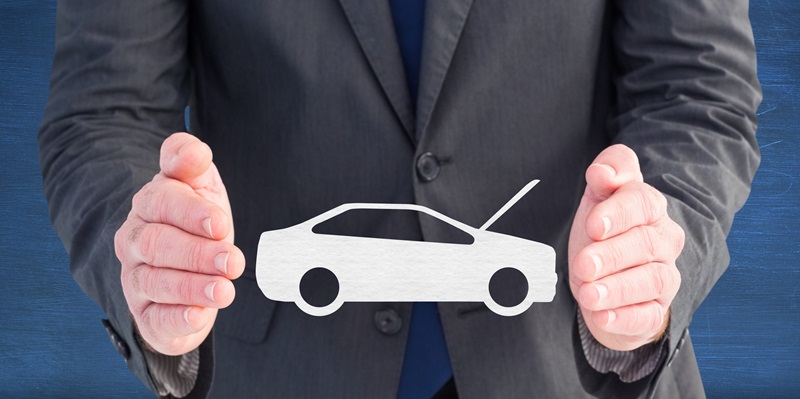The rise of autonomous vehicles (AVs) marks a colossal shift in transportation, prompting a parallel evolution in the insurance sector. As AVs transition from blueprints to highways, insurance foundations, once premised solely on human drivers, must now adapt to the era of machine-operated transport. Recognizing the looming changes, insurance heavyweight Aviva is strategically aligning with the Darwin Innovation Group, tapping into cutting-edge technology to reinvent vehicle underwriting. This partnership, along with academic input from the University of Salford, signifies a proactive stance in redefining the contours of insurance in an age where human error gives way to algorithms and artificial intelligence. This proactive collaboration exhibits the industry’s move to stay ahead of a redefined risk landscape marked by the integration of autonomous vehicles.
The Convergence of Transportation and Insurance
As automakers invest heavily in autonomous technology, insurance companies face the imminent task of re-evaluating risk assessment. With the deterministic nature of machines replacing human unpredictability, insurers like Aviva are pushed to redefine how premiums are calculated and policies are structured. The symbiotic relationship between insurance providers and autonomous vehicle developers emerges as a critical factor. Aviva’s partnership with the Darwin Innovation Group, demonstrated by the exchange of critical operational data from autonomous shuttles, signifies the early stages of this redefined approach. It is a partnership that will inform how insurers price risk when the driver is no longer a human but an algorithm.
The significance of this data exchange cannot be overstated. Known as the Darwin Autonomous Shuttle service, the project is not just a real-world application of AV technology but also a rich data source that Aviva utilizes to draw insights on the nuances of autonomous driving. By analyzing the behaviors of self-driving shuttles, Aviva is positioning itself to lead in crafting insurance products that cater to the next wave of mobility, ensuring they are prepared for the inevitabilities of technology-induced risk variances.
Enhancing Data-Driven Insurance Models
Aviva’s leap into the autonomous shuttle space marks a pivotal step in harnessing rich data for nuanced insurance models. The addition of a second self-driving shuttle widens the net for valuable insights, enhancing the accuracy of risk evaluation. This endeavor extends beyond mere data collection—it penetrates the core of autonomous technology’s functionality and integration with its surroundings, informing the future of insurance policies.
This approach reflects a broader industry shift toward embracing tech to evolve traditional insurance frameworks. Aviva is at the forefront, actively participating in the technological journey, not just observing it. Their partnership with tech entities doesn’t only give them an edge in the insurance sector but also positions them to deliver custom, advanced insurance offerings attuned to the complexities of autonomous vehicle (AV) data.
Strategic Collaborations Sparking Evolution
The confluence of insurance models and emerging AV technologies is a narrative punctuated by partnerships like that of Aviva and Darwin. Such collaborations signal the insurance industry’s strategic intent to harness the complexities of insuring non-human drivers. By integrating the operational insights gleaned from the Darwin Autonomous Shuttle service and benchmarks established by academic research, insurance companies are able to iterate their products in concert with the fast-paced evolution of transportation tech.
The University of Salford’s involvement adds a valuable dimension to the partnership, tethering theoretical exploration to practical application. The commitment to research-driven development ensures that insurance offerings continue to develop in lockstep with AV advancements, foreseeing and addressing future challenges as opposed to reacting to them. These alliances serve as an impetus for ongoing transformation in how insurance companies conceive and deliver their services, fostering an environment primed for innovation and adaptability.
Preparing for the Future of Mobility
As autonomous vehicles (AVs) gear up to enter mainstream traffic, insurance companies like Aviva are forging key partnerships and delving into research tailored for this emerging era. They’re not just observing the rise of self-driving tech; they’re actively shaping it. By harmonizing insurance innovation with advancements in vehicle technology, they’re positioning themselves as vital contributors to the new transportation paradigm.
For insurers, adapting to AVs means overhauling current offerings to cater to the new risks and possibilities these vehicles introduce. By collaborating with tech firms and academic bodies, they’re crafting forward-looking insurance models primed for the unique demands of widespread autonomous transport. This proactive approach is expected to distinguish the leading insurers in a world increasingly defined by intelligent, interconnected, and self-driving vehicles.

